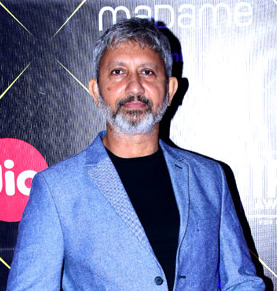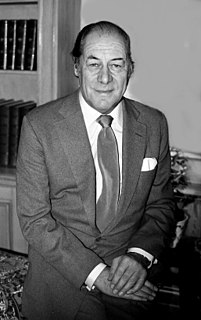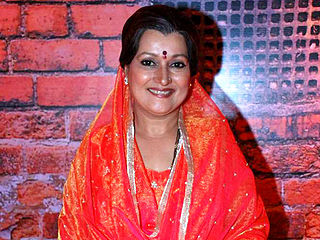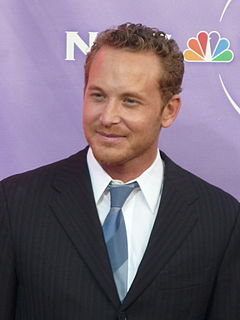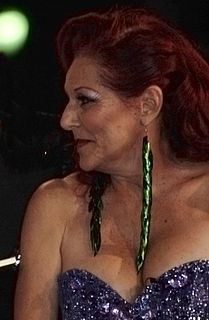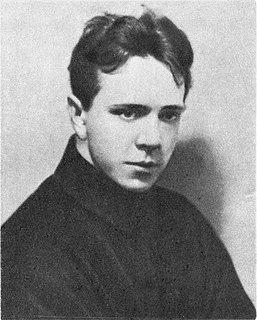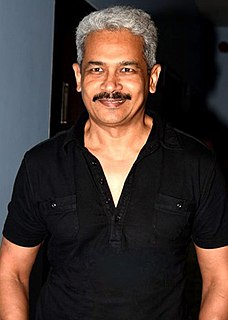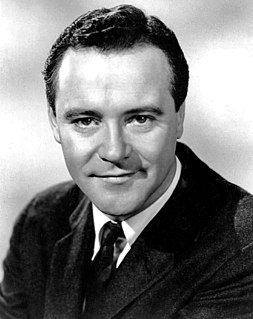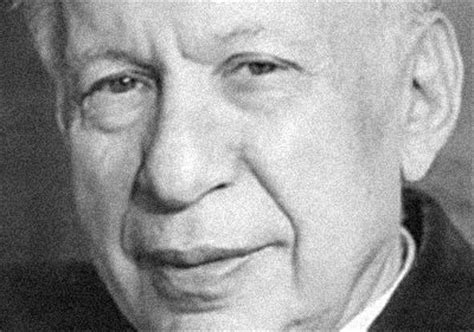A Quote by Neeraj Kabi
The audience basically likes complex characters, and bringing out the complexities is the actor's job. The audience doesn't have the script, the actor does.
Related Quotes
Acting is bad acting if the actor himself gets emotional in the act of making the audience cry. The object is to make the audience cry, but not cry yourself. The emotion has to be inside the actor, not outside. If you stand there weeping and wailing, all your emotions will go down your shirt and nothing will go out to your audience. Audience control is really about the actor
The actor's physical type is the main consideration. It isn't and shouldn't be. Does the actor "look the part"? It is the simplest question to deal with. The director deludes himself who yields to the temptation to believe that an affirmative answer settles the matter. An actor's looks will impress an audience initially but after his first five minutes on stage it becomes aware of what he or she communicates (or fails to communicate) through acting!
When you see Robert Englund in a movie, you think he is the bad guy, but if I'm not the bad guy, and I'm supposed to just kind of fool the audience, it makes it a lot easier for whichever actor is the bad guy. So I find myself doing a lot of those, I think they're called red herring characters, faking out the audience.
